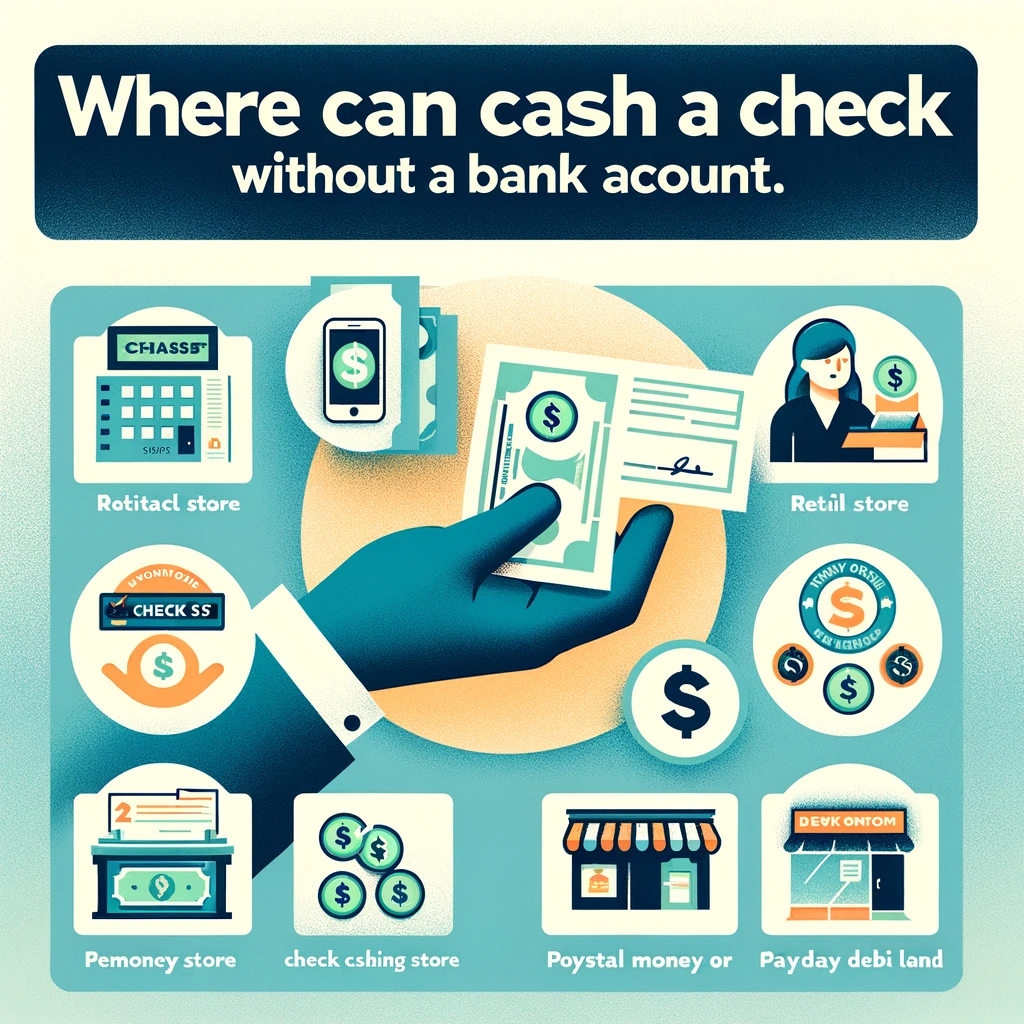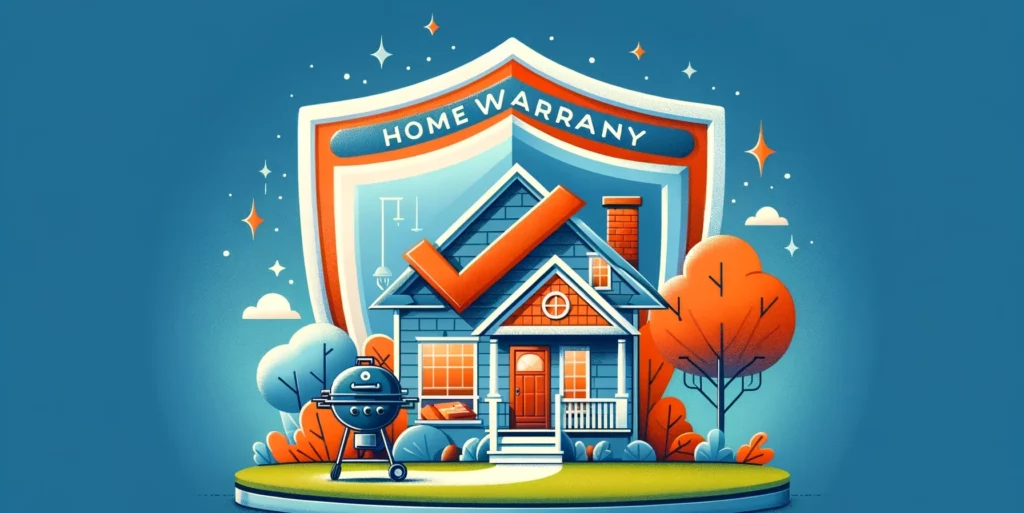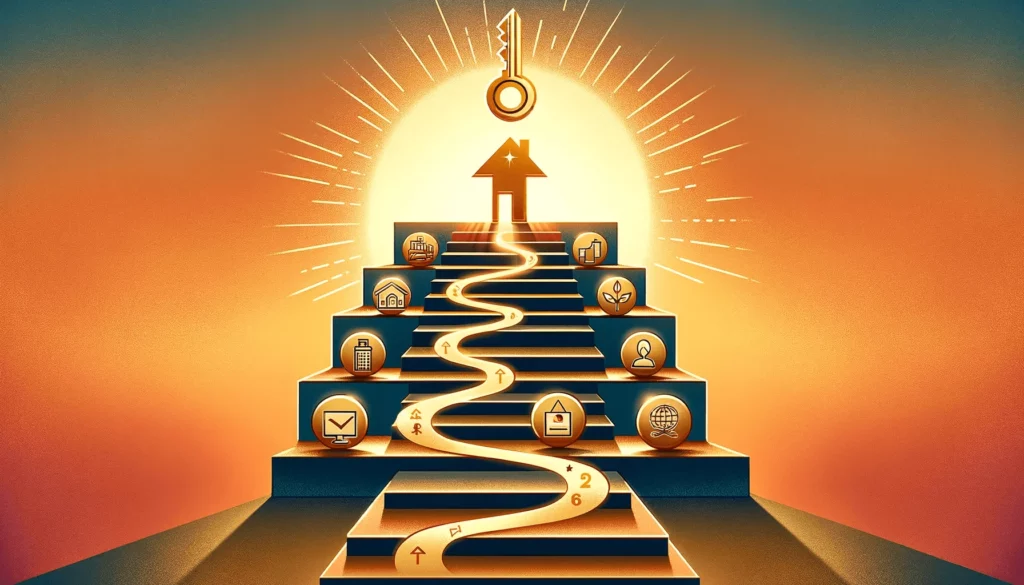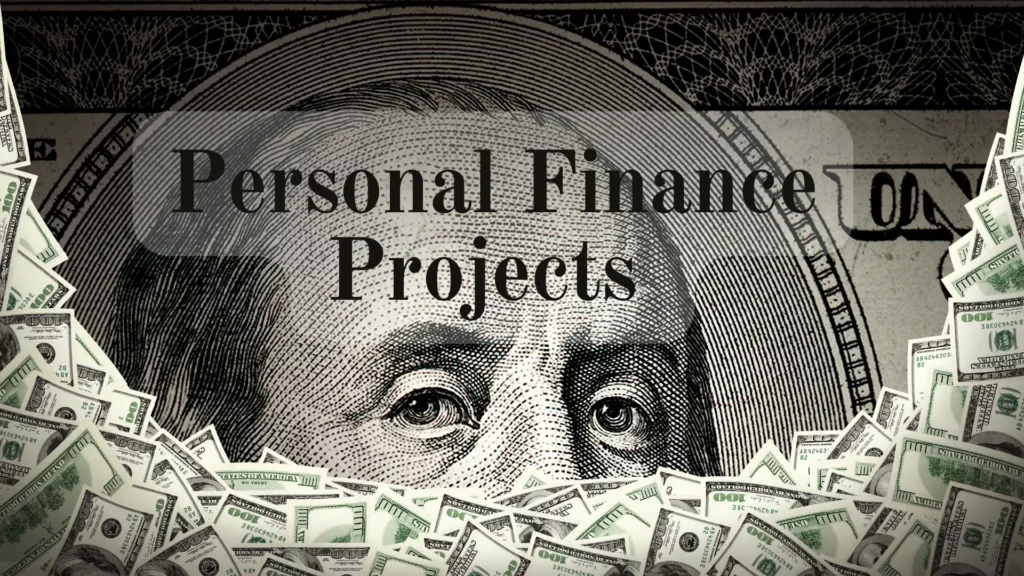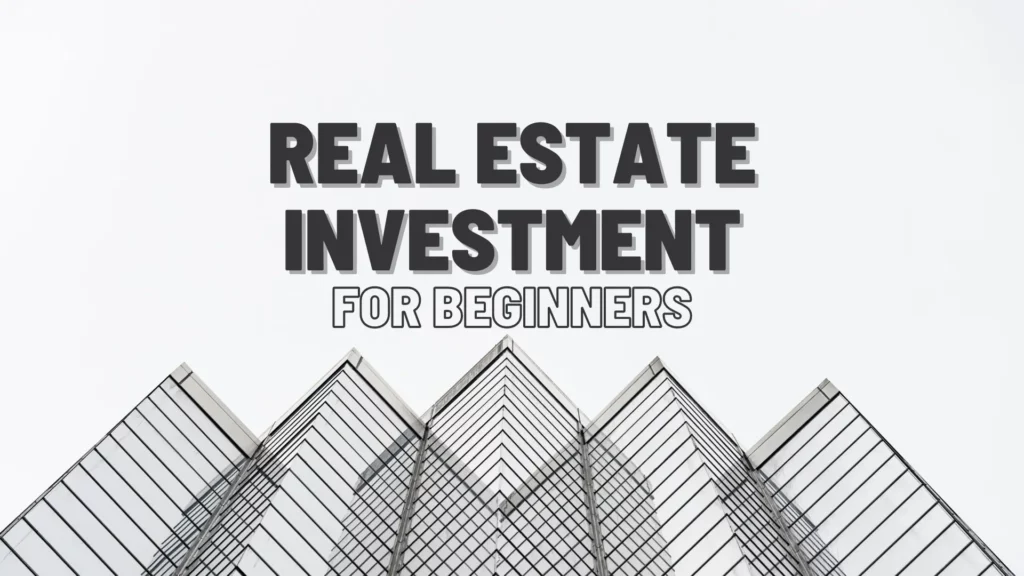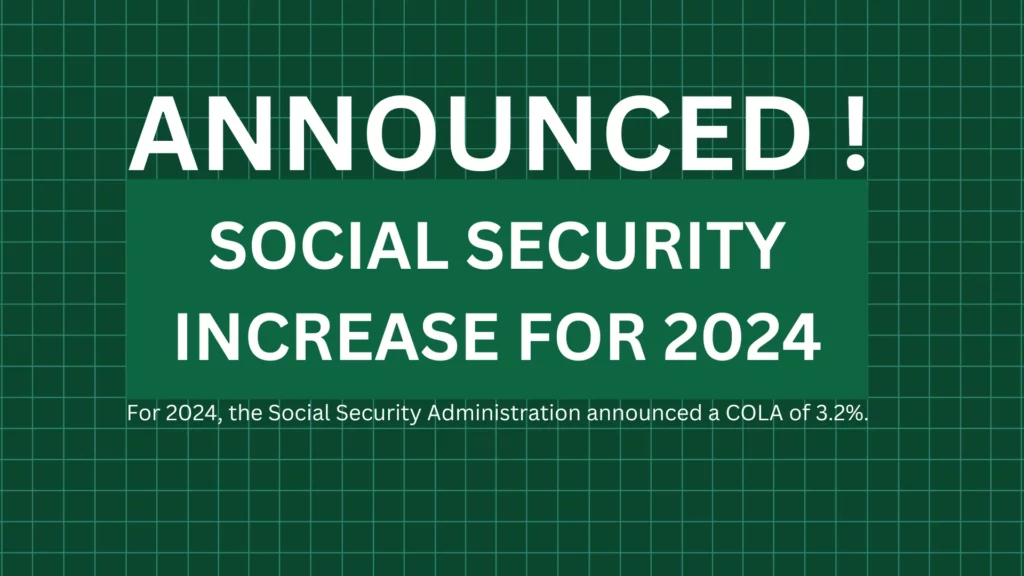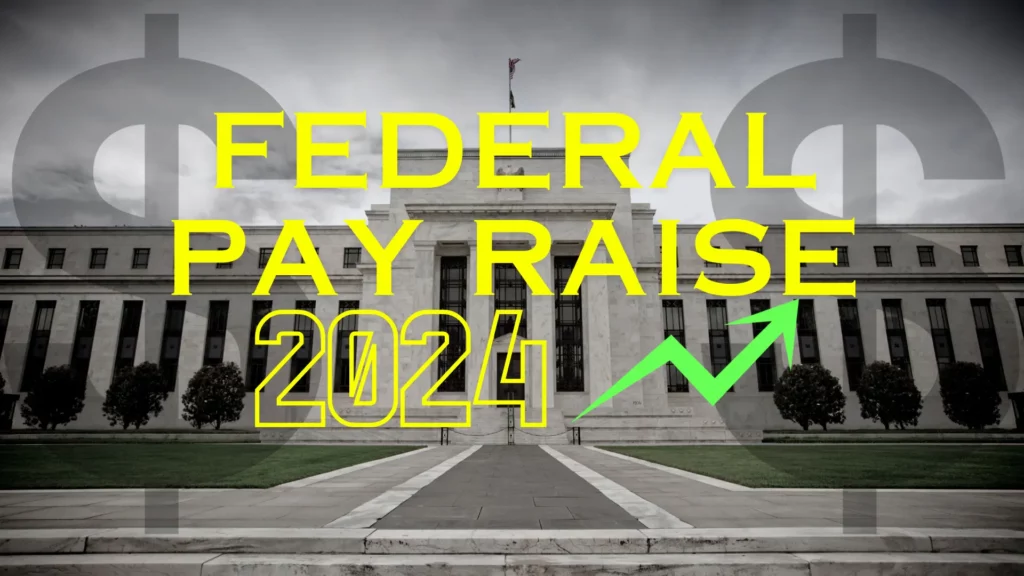Editor's Pick
Best Paying Jobs In Real Estate Investment Trusts
Real estate investment trusts (REITs) offer a unique career path in the lucrative real estate industry. REITs provide investors with...
Where Can I Cash a Check Without a Bank Account?
Cashing checks without a bank account may seem challenging, but several convenient options exist both online and in-person. With some...
Most Popular
Personal Finance
Investing and Wealth Building
Which Type of Bank Account is Best for Everyday Transactions?
November 1, 2023
Which Savings Account Will Earn You the Most Money?
October 25, 2023
Discover the US Market: A Finance Blog for the Savvy Investor
October 2, 2023
Best Paying Jobs In Real Estate Investment Trusts
November 13, 2023
Choice Home Warranty And George Foreman: Protect Your Dream
November 10, 2023
How to Become a Mortgage Broker: Embarking on the Path
November 9, 2023
Which Type of Bank Account is Best for Everyday Transactions?
November 1, 2023
Discover the US Market: A Finance Blog for the Savvy Investor
October 2, 2023
Real Estate Investing for Beginners: A Comprehensive Guide for 2023
September 27, 2023
A Comprehensive Guide to Forming an LLC
September 27, 2023
Business and Economy
Loans, Taxes, and Law
Market Trends and Innovations
Where Can I Cash a Check Without a Bank Account?
November 10, 2023
Cashing checks without a bank account may seem challenging, but several convenient options exist both online and in-person. With some planning and research, you can convert checks into cash relatively...




